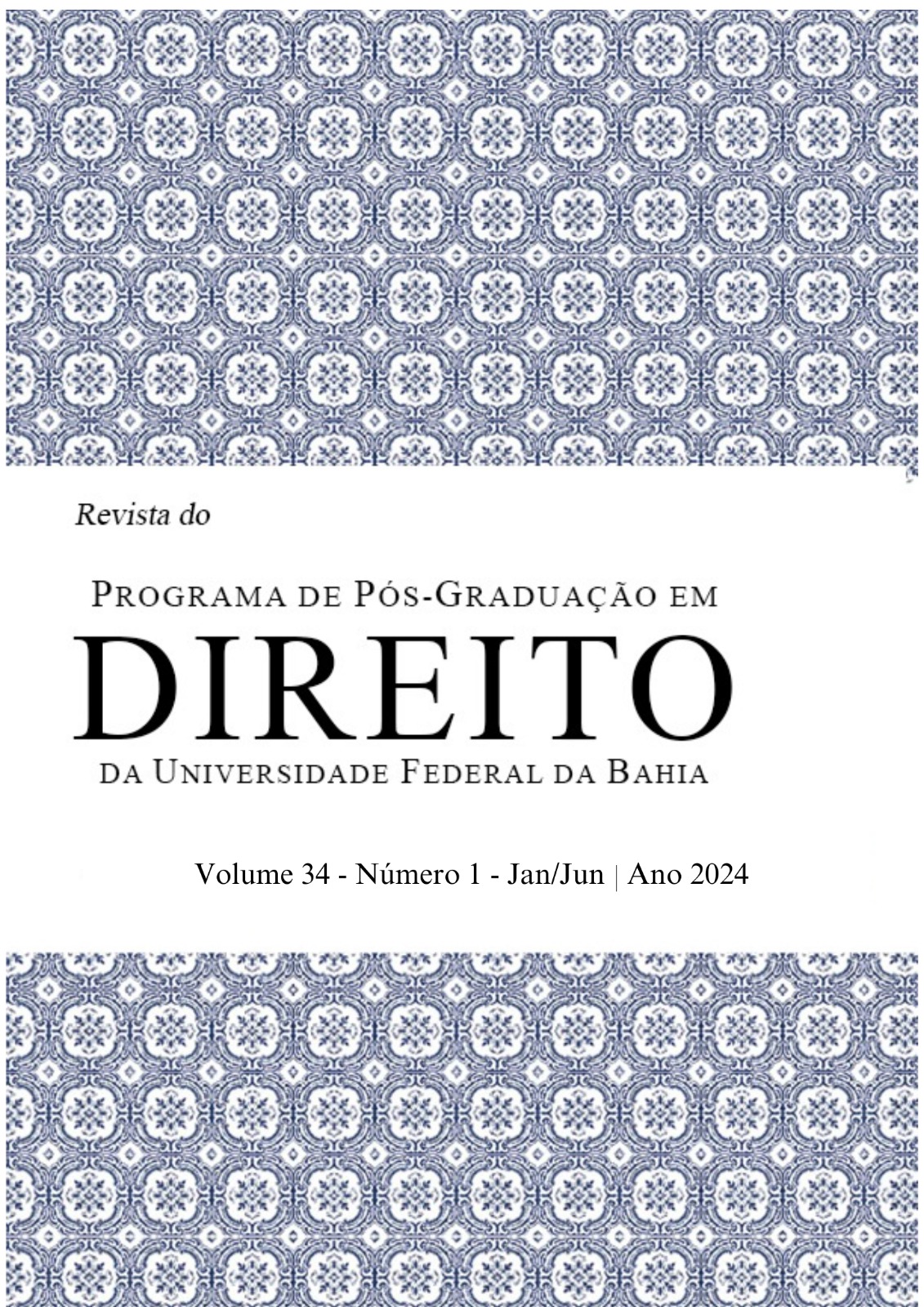THE RIGHT TO ETHNIC CONSULTATION AS A HUMAN RIGHT OF INDIGENOUS PEOPLES: CONFIGURATIONS OF THE INTERNATIONAL AND CONSTITUTIONAL REGULATORY FRAMEWORK
THE CAPES PRINT PROJECT AT THE UNIVERSITY OF GRANADA, SPAIN
DOI:
https://doi.org/10.9771/rppgd.v34i0.61655Keywords:
Ethnic consultation; International Human Rights Law; Indigenous peoples; CAPES Internationalisation ProgrammeAbstract
. Despite the existence of human rights treaties that protect the rights of indigenous peoples, the issue of protecting and preserving their territories has taken centre stage in the construction of hydroelectric and mining projects. This is not only a question of sustainable economic development, but it also has repercussions in the field of territorial and educational rights, requiring the creation of a regulatory framework for ethnic consultation as a human right of indigenous peoples that, together with intercultural education, promotes citizenship. It is based on the assumption that the issue of protecting indigenous peoples' territories is still a problem that has yet to be resolved, despite the existence of official data showing that Brazil is a country with a markedly indigenous presence, with a cultural heritage made up of three hundred and five ethnic groups and two hundred and seventy-four indigenous languages spoken, indicating the need for socio-legal research into the matter based on the adoption of a multi-level and interdisciplinary normative approach in which Law dialogues with Sociology and Education. In this context, this article shares the results of the CAPES PrInt Project, developed in collaboration between UFPB, Brazil and the Universidad de Granada, Spain, whose studies were carried out in two Visiting Scholar missions, in 2022 and 2023, at the Centro de Investigación de Derecho Constitucional ‘Peter Häberle’, pointing out the advances and new directions of the research.
Downloads
Downloads
Published
How to Cite
Issue
Section
License
Copyright (c) 2024 Revista do Programa de Pós-Graduação em Direito

This work is licensed under a Creative Commons Attribution-NonCommercial-NoDerivatives 4.0 International License.
1. Autores mantém os direitos autorais e concedem à revista o direito de primeira publicação, com o trabalho simultaneamente licenciado sob a Licença Creative Commons Atribuição 4.0 Internacional que permite o compartilhamentodo trabalho com reconhecimento da autoria e publicação inicial nesta revista.
2. Autores têm autorização para assumir contratos adicionais separadamente, para distribuição não-exclusiva da versão do trabalho publicada nesta revista (ex.: publicar em repositório institucional ou como capítulo de livro), com reconhecimento de autoria e publicação inicial nesta revista.
3. Autores têm permissão e são estimulados a publicar e distribuir seu trabalho online (ex.: em repositórios institucionais ou na sua página pessoal) a qualquer ponto antes ou durante o processo editorial, já que isso pode gerar alterações produtivas, bem como aumentar o impacto e a citação do trabalho publicado

